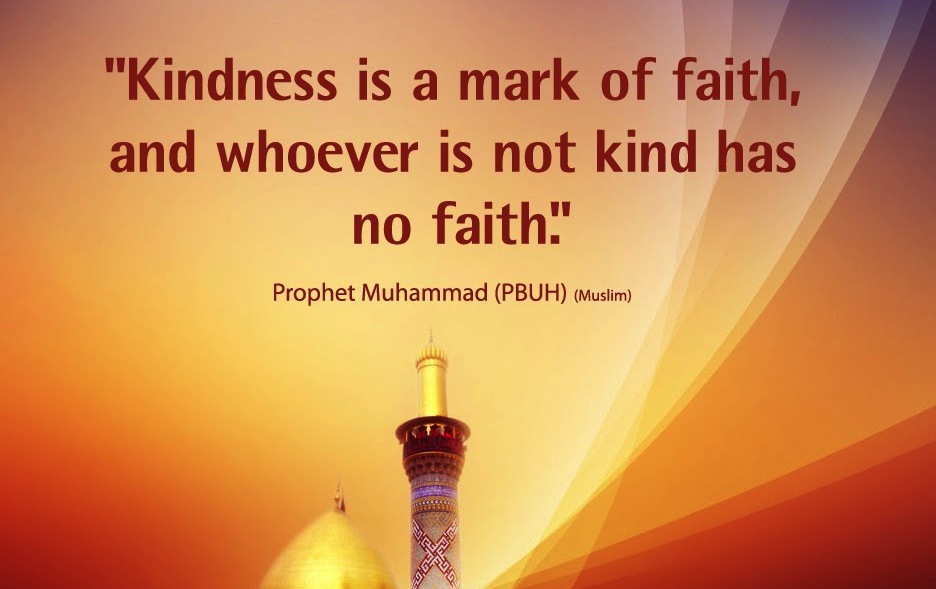
The
basic theme of the talk was to say how Islam brings calm to our lives and our
rebellious hearts, amidst all the other things in this world that are pulling
at us.
The
talk, attended by Muslims and non-Muslims, was well attended and well received,
but there was a small group of students from one of the Evangelical Christian
groups in the university, who were so keen to ask questions at the end of the
talk about sin and God’s punishment.
In
fact, to me they seemed obsessed with the idea of sin, although this is not an
idea held in mainstream Christianity. We need to understand where this
obsession with sin comes from in order to answer your question properly.
In
the Biblical accounts of Creation, we read the story of Adam and Eve and how
they sinned and were expelled from the Garden of Eden because of their sin and
disobedience. The Bible account ends there, with Adam and Eve out in the cold.
According
to this idea, the whole of humanity down through the ages inherits this sin
from Adam and Eve, and no one can make up for it except a super human savior.
Christians see Jesus (peace be upon him) as this savior who, according to their
tradition, dies on the cross to “save mankind from sin.”
Sin
and forgiveness, therefore, are directly linked in this tradition to Jesus’
death on the cross. They hold that there is nothing anyone can do to be worthy
in God’s sight, except to be forgiven through the blood of Jesus.
In
the Roman Catholic tradition, priests are given the power to forgive sins on
God’s behalf. This whole idea of “original sin,” then, comes from the Bible.
In
the Quran, the story is told quite differently. Adam and Eve sin and are
punished and expelled, but they return and are forgiven by Allah Almighty.
In
Islam, therefore, we do not see human beings as being born into this world as
sinful and in need of a savior. No, in Islam we see people born with an innate
goodness. What would they be saved from? What would a savior do for them?
This
really is a massive difference in outlook between Islam and the religions which
went before it. Islam is a religion of mercy. We most often call upon Almighty
Allah by two of His most beautiful names: Ar-Rahman and Ar-Raheem, Most
Merciful and Most Compassionate.
In
the Quran, we read what means:
{Every
man’s work We have fastened on his own neck, and on the Day of Judgment We
shall bring out for him a book which he will see open, saying ‘Read your own
book! Enough for you this day that your own soul should call you to account.’}
(Al-Israa’ 17:13-14)
However,
we also believe that scales of deeds will be set up on that Day of Judgment,
and it will be a day of justice, when no soul shall be wronged.
{Whoever
has done an atom’s weight of good shall see it.} (Az-Zalzalah 99:7-8)
In
other words, those who have done wrong will be punished, and those who have
done good will be rewarded, God willing:
{Those
whose scales are heavy, they are the successful; but those whose scales are
light, they are the ones who have lost their souls in Hell, dwelling forever.
The fire will burn their faces, and there, they will be gloomy with lips
displaced.} (Al-Mu’minun 23:102-104)
As for Allah loving those
who are not Muslim, of course He does. He created the heavens and the earth and
everything in between. Islam is a mercy to all mankind, not just to
Muslims.
Comments
Post a Comment